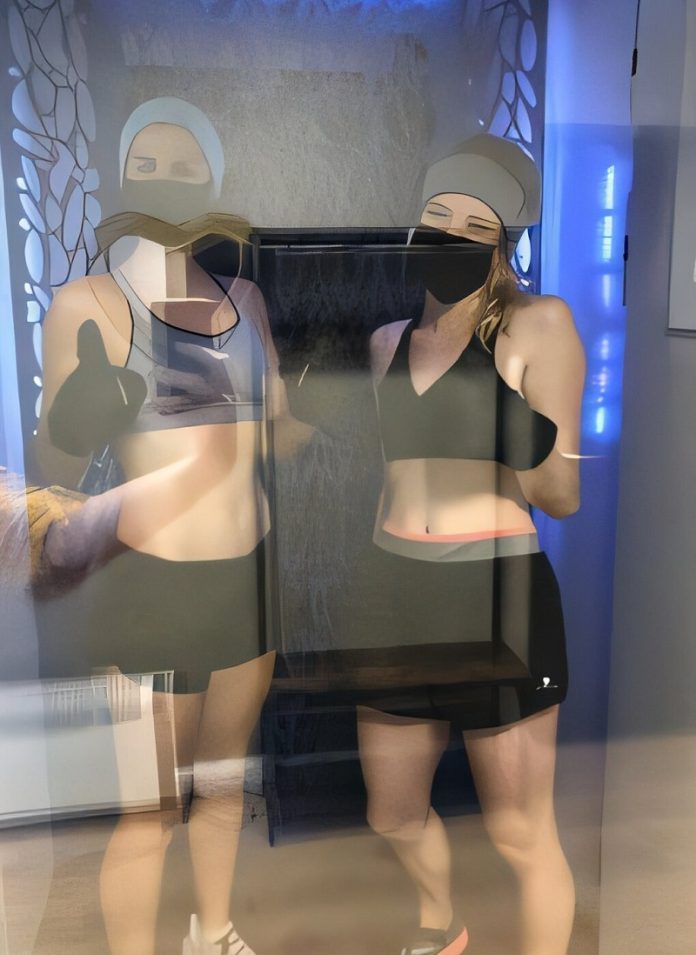
Recent research suggests that exposing the body to intense cold—known as cryostimulation—could help improve sleep quality and mood.
Scientists from Université de Montreal and Université de Poitiers in France have discovered that daily cryostimulation, or short sessions of exposure to extreme cold, can enhance sleep and mood, especially for healthy young people.
Dr. Dupuy, an associate professor in Kinesiology at Université de Montreal, explained that using cold for healing purposes has ancient roots, dating back to Greece.
Yet, we still don’t fully understand how much cold exposure is needed for maximum sleep benefits.
The study, published in the journal Cryobiology, involved nine women and eleven men, all around 23 years old, who participated in cryostimulation sessions over five consecutive days.
Each day, participants entered a chamber cooled to -90°C for five minutes, wearing only swimsuits or underwear with socks, shoes, mittens, and hats to protect their extremities from the cold.
After each session, they continued with their usual daily activities but avoided alcohol or anything else that could affect their sleep.
The experiment was repeated without the cold sessions to measure the effects of cryostimulation alone. At bedtime, participants wore a wireless headband to monitor brain activity, as well as a wrist and heart-rate tracker. Every morning, they filled out a questionnaire to rate how well they felt they slept.
Results showed that one session alone didn’t make a big difference; the real benefits appeared only after five days.
After the series of cryostimulation sessions, participants experienced a boost in a particular sleep stage called slow-wave sleep. This is considered the most restorative sleep phase, often helping the body recover and feel refreshed. Participants had around 7.3 more minutes of this deep sleep during each of the first two sleep cycles compared to nights without cryostimulation.
Interestingly, the research also revealed that women responded better to the cold therapy than men. Women reported better sleep quality on the third and fourth nights, scoring their sleep quality higher with cryostimulation than without. They also experienced a noticeable drop in anxiety, which decreased from 43 to 38 on a scale the researchers used to measure mood and stress.
Dr. Dupuy suggests that this difference between men and women means the amount of cold exposure might need to be customized based on gender, though more research is needed to confirm this. Although these improvements in sleep and mood were small, they show potential, especially for people with sleep difficulties.
In addition to sleep, cryostimulation could be helpful for various groups. Athletes may use it for recovery after intense training, while others with chronic inflammation or even mild dementia could benefit if combined with exercise. As Dupuy notes, this study was part of a larger cryostimulation project funded to support athletes preparing for the 2024 Paris Olympics.
While many questions remain about the long-term effects of cryostimulation, it’s clear that this technique has real, not just placebo, benefits. In some countries, like Poland, public health insurance even covers cryostimulation sessions. As the positive effects become more apparent, cryostimulation may find its way into regular medical treatments.
If you care about health, please read studies about how Mediterranean diet could protect your brain health, and the best time to take vitamins to prevent heart disease.
For more health information, please see recent studies that olive oil may help you live longer, and vitamin D could help lower the risk of autoimmune diseases.



